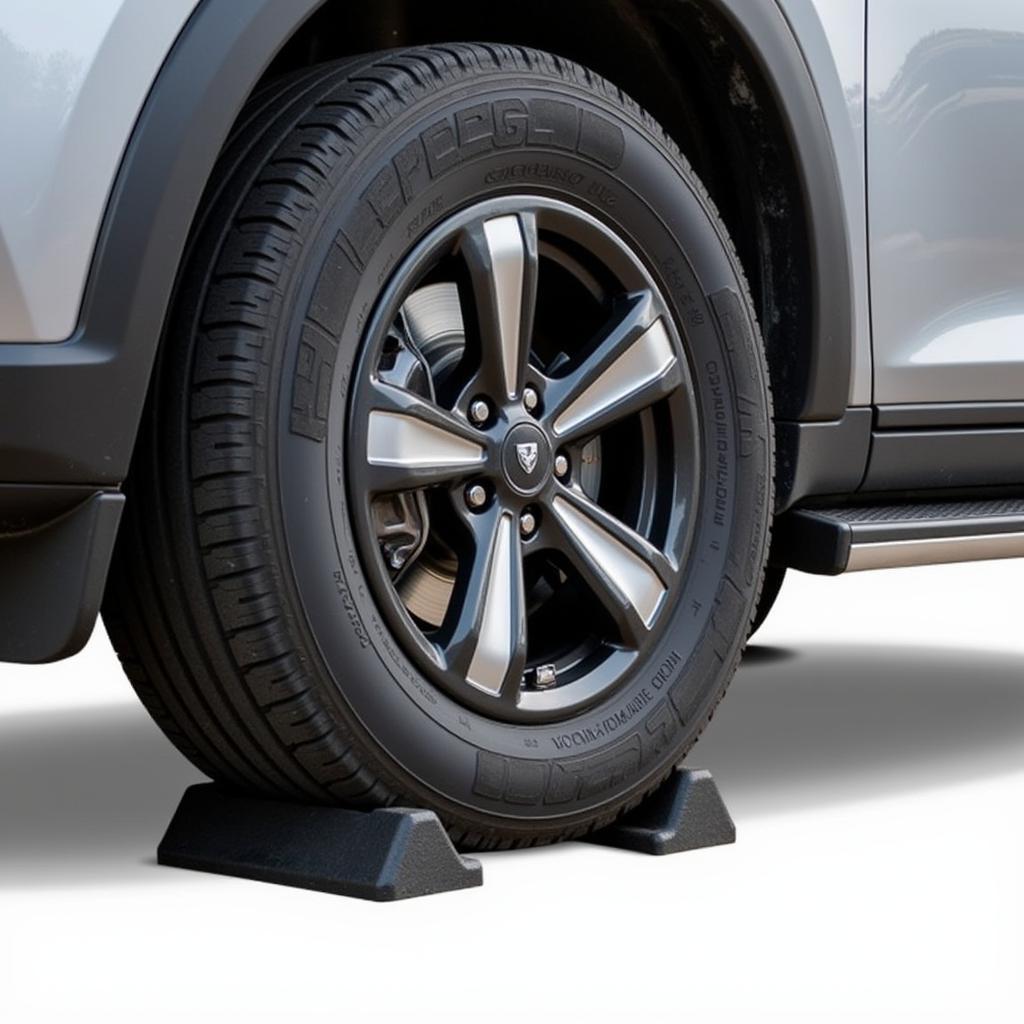Are Diesel Gate Cars Really Fixed? That’s the million-dollar question for many diesel owners still reeling from the 2015 emissions scandal. While manufacturers have implemented fixes, doubts linger about their effectiveness and long-term impact on vehicle performance. This article delves into the complexities of the diesel gate fixes, exploring their effectiveness, potential downsides, and what owners should know.
Understanding the Diesel Gate Scandal and Its Aftermath
The diesel gate scandal, also known as “dieselgate” or “emissionsgate,” erupted when Volkswagen was discovered to have cheated on emissions tests for millions of diesel vehicles worldwide. Software installed in these vehicles detected when they were being tested and activated emission controls that wouldn’t be active during normal driving. This resulted in vehicles emitting far more nitrogen oxides (NOx) than permitted, contributing to significant air pollution and health risks. Other car manufacturers were subsequently implicated, leading to a widespread loss of trust in diesel technology.
What Are the Diesel Gate Fixes and How Do They Work?
The fixes implemented by manufacturers vary depending on the specific vehicle and engine. Generally, they involve software updates and, in some cases, hardware modifications. Software updates aim to adjust the engine’s combustion process and optimize emission control systems. Hardware modifications may include adding a selective catalytic reduction (SCR) system with AdBlue injection or improving the existing diesel particulate filter (DPF). These changes are designed to reduce NOx emissions to legal limits.
Are Diesel Gate Cars Really Fixed: Addressing the Concerns
While the fixes aim to reduce emissions, concerns remain among owners. Many worry about the potential impact on fuel economy, performance, and engine longevity. Some also question whether the fixes truly address the root cause of the problem or merely mask the issue.
Impact on Fuel Economy and Performance
Studies and anecdotal evidence suggest that the diesel gate fixes can impact fuel economy and performance, though the extent varies. Some owners report a slight decrease in fuel efficiency, while others haven’t noticed any significant change. Similarly, some drivers claim a reduction in engine power or responsiveness.
Long-Term Reliability Concerns
Another concern is the long-term reliability of the fixes. Some owners worry that the modifications may increase the risk of DPF clogging, requiring costly repairs down the line. There are also concerns about the added complexity of the SCR system and the potential for AdBlue-related issues.
“The biggest concern is the unknown long-term impact on the engine. Will these fixes lead to premature wear and tear?” says John Miller, a certified automotive technician with over 20 years of experience.
What Should Diesel Owners Do?
If you own a diesel vehicle affected by the emissions scandal, it’s essential to get the necessary fixes implemented. While there may be concerns about potential downsides, driving a non-compliant vehicle can lead to fines and other penalties.
“It’s a balancing act,” explains Maria Sanchez, an automotive engineer specializing in emissions control. “While the fixes might have minor drawbacks, they are crucial for reducing harmful emissions and complying with regulations.”
Are Diesel Gate Cars Really Fixed? The Bottom Line
The question “are diesel gate cars really fixed?” is complex and doesn’t have a simple yes or no answer. The fixes are designed to reduce NOx emissions, and they generally do so. However, potential impacts on fuel economy, performance, and long-term reliability remain valid concerns for owners. If you have any doubts or concerns, consult a qualified automotive technician specializing in diesel engines. For personalized advice and assistance, feel free to connect with us at AutoTipPro. Call us at +1 (641) 206-8880 or visit our office at 500 N St Mary’s St, San Antonio, TX 78205, United States.
FAQ
- Will the fix void my warranty? No, the fix should not void your warranty. In fact, refusing the fix might affect your warranty coverage related to emissions systems.
- Do I have to pay for the fix? No, the manufacturer should cover the cost of the fix.
- How long does the fix take? The time required for the fix varies depending on the specific vehicle and the type of fix. It typically takes a few hours.
- What if I experience problems after the fix? If you experience any issues after the fix, contact your dealer or the manufacturer immediately.
- Can I sell my car after the fix? Yes, you can sell your car after the fix.
- Will the fix affect the resale value of my car? The impact on resale value is uncertain and depends on various market factors.
- What are the alternatives to getting the fix? There are no legitimate alternatives to getting the fix if you want to drive the vehicle legally.







Leave a Reply